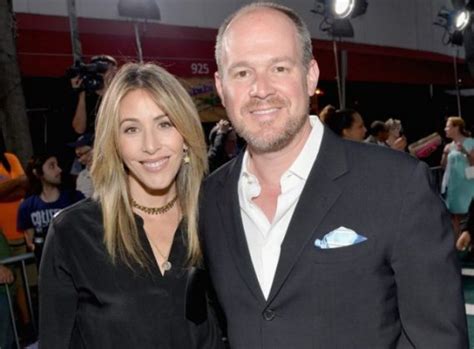A Quote by Suzy Shuster
Pharmaceuticals are regulated. Pesticides are, as well as food, save the occasional salmonella outbreak. But chemicals and their witch's brew of ingredients continue to augment American industry without anyone quite knowing their makeup and possible toxicity. And that needs to change.
Related Quotes
Those externalized costs have always included labor. It is only the decline over time of the minimum wage in real dollars that's made the fast food industry possible, along with feedlot agriculture, pharmaceuticals on the farm, pesticides and regulatory forbearance. All these things are part of the answer to the question: Why is that crap so cheap? Our food is dishonestly priced. One of the ways in which it's dishonestly priced is the fact that people are not paid a living wage to process it, to serve it, to grow it, to slaughter it.
The growth of the American food industry will always bump up against this troublesome biological fact: Try as we might, each of us can only eat about fifteen hundred pounds of food a year. Unlike many other products - CDs, say, or shoes - there's a natural limit to how much food we each can consume without exploding. What this means for the food industry is that its natural rate of growth is somewhere around 1 percent per year - 1 percent being the annual growth rate of American population. The problem is that [the industry] won't tolerate such an anemic rate of growth.
The most natural way you would attempt to cope with something inside you that is affecting your moods and your energy levels is to intervene with chemicals to help and because medical science hasn't come up with pharmaceuticals that do particularly well you tend to reach for the chemicals that are outside the Pharma counter, i.e. narcotics and alcohol because they can guarantee your mood more or less.
Why should anyone be afraid of change? What can take place without it? What can be more pleasing or more suitable to universal nature? Can you take your bath without the firewood undergoing a change? Can you eat without the food undergoing a change? And can anything useful be done without change? Don't you see that for you to change is just the same, and is equally necessary for universal nature?
Chemicals are not currently tested for their endocrine disruption potential before they are approved for use and enter our environment, and there are endocrine disruptors in a vast array of products we come into contact with every day, including organochlorine pesticides, plastics, fuels, and other industrial chemicals.
One of the pivotal moments for me was realizing that our 'food with integrity' approach at Chipotle was satisfying my passion. That's about bringing the best quality, sustainably-raised ingredients to everyone: chicken without antibiotics; beef without hormones. These ingredients were only available in high-end restaurants, not mainstream places.
There is an increasing push to compartmentalize faith separately from our life in the public square - and it's not possible - at least, it's not possible if we continue the American tradition of true individual freedom, which also implies individual responsibility. Without an objective moral standard, that's not possible.
Any American who joins al Qaeda will know full well that they have joined an organization that is at war with the United States. Any American who did that should know well that they in fact are part of an enemy... and that the U.S. will do anything that is possible to destroy that enemy to save American lives.
































